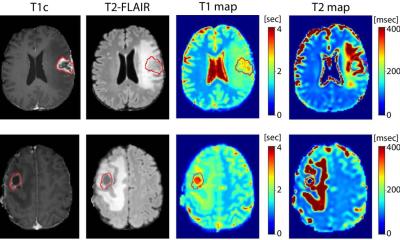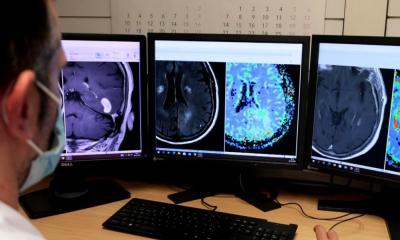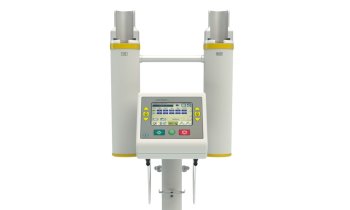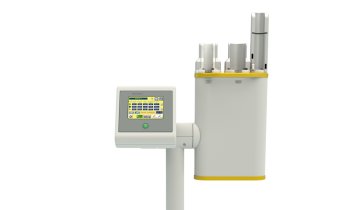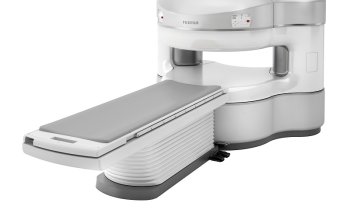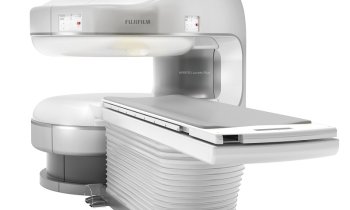Article • Neuroradiology
Dementia – MRI is the first step in diagnosis
Brain imaging in patients with cognitive complaints need to be viewed differently when using MRI to diagnose and treat patients with dementia, says Dr. Christopher Hess, who will discuss the role of MRI in the adjunctive diagnosis of dementia in his talk at the Garmisch Symposium.
Credit: University of California, San Francisco
In addition, general radiologists need to recognize the important findings related to dementia when making a diagnosis. While MRI is mainly called for in patients with suspected dementia to exclude other abnormalities, there are characteristics of dementia that clinicians can look for when reading the exams, such as specific patterns of regional brain atrophy or structural lesions in areas of the brain that alter cognition, Hess says. In his talk, Hess will discuss how radiologists can use these findings to support or refute the diagnosis of specific neurodegenerative processes, as well to recommend appropriate next steps in disease evaluation and management. He will share the approach that he takes with other clinicians during the talk.
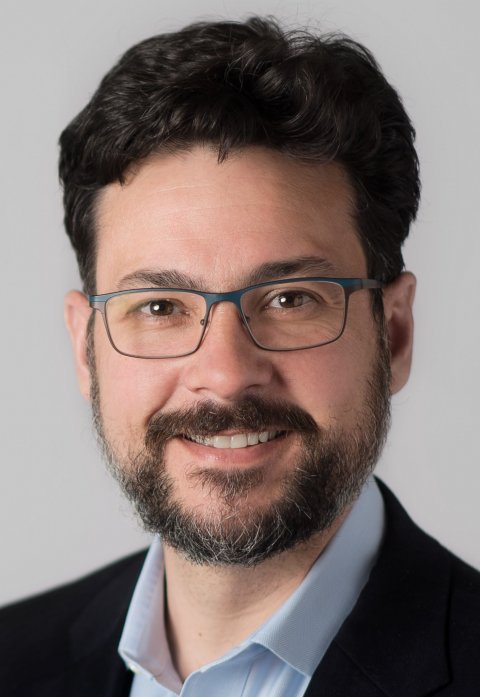
In his talk, Hess will discuss how radiologists can use these findings to support or refute the diagnosis of specific neurodegenerative processes, as well to recommend appropriate next steps in disease evaluation and management. He will share the approach that he takes with other clinicians during the talk. “Brain MRI is often the first step in evaluation,” Hess says. “General radiologists don’t necessarily recognize the important findings related to dementia. We will review dementia symptoms and how they should guide the eyes of radiologists, and look carefully at the critical importance of distinguishing between rapidly progressive and chronic dementia.”
While MRI is the standard of care in the United States in the initial presentation of patients with cognitive complaints, that’s not necessarily the case in other countries, Hess says. Some countries use CT or no imaging at all to examine such patients, so Hess notes that it will be interesting to hear the discussion from the members of the audience about how MRI, and imaging in general, is used for dementia cases in other parts of the world.
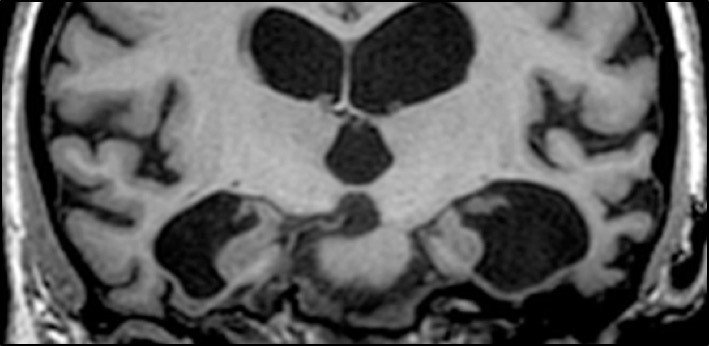
Credit: University of California, San Francisco
Here are some key takeaways from Hess’s talk:
- The radiologist can play a significant role in diagnosing dementia.
- MRI exams of people with cognitive complaints should be reviewed differently than patients presenting with other issues.
“In particular, it requires a sound understanding of the neuropathology and neuroanatomy of dementia,” Hess says.
Profile:
Dr. Christopher Hess is the Alexander R. Margulis Professor and Chairman of the Department of Radiology and Biomedical Imaging at the University of California, San Francisco. He received his Ph.D. in Electrical Engineering from the University of Illinois at Urbana Champaign in 1998. He then went on to pursue clinical residency and fellowship at UCSF, where he served as chief resident and NIH T32 postdoctoral research fellow prior to joining the faculty in neuroradiology in 2008. Dr. Hess is co-Deputy Editor for Neuroradiology for Radiology, and on the editorial board of the American Journal of Neuroradiology. He is an active member of the Radiological Society of North America, the International Society for Magnetic Resonance in Medicine, the American Society of Neuroradiology, and the Academy of Radiology Research. In 2018, he was elected as a fellow of the American Institute for Medical and Biological Engineering. His primary research interests lie in brain degeneration, epilepsy, and neurovascular disease. A highly regarded lecturer nationally and internationally, he has co-authored over 150 manuscripts and book chapters in magnetic resonance, clinical and scientific journals, and is recognized for his contributions to 7T MRI and to diffusion imaging.
Session:
Saturday, 19. Jan 2019, 9:10-9:40 a.m.
MRT in dementia diagnostic
Dr. Christopher Hess (San Francisco)
Session: MRT des ZNS
16.01.2019



